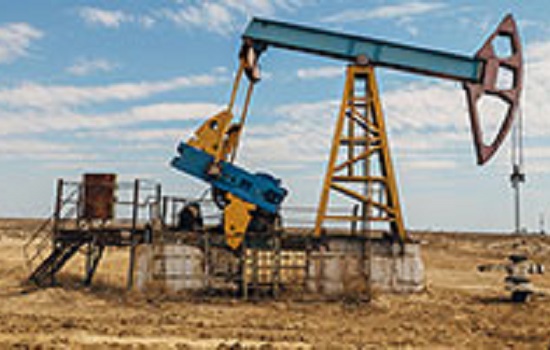CCLS Energy Law Institute Review
In this publication you can read the 2020 review from the CCLS Energy Law Institute, including three articles from our recent alumni.
 Several CCLS alumni contributed their articles to the latest edition of the CCLS Energy Law Institute Review 2020:
Several CCLS alumni contributed their articles to the latest edition of the CCLS Energy Law Institute Review 2020:
María Eugenia Mattera (Energy and Natural Resources Law LLM, 2019), an Argentinian-qualified lawyer, with seven years’ experience in top-tier law firms, specialising in regulation and Energy infrastructure projects, mainly renewables, contributed a piece on energy storage in Argentina and key regulatory challenges.
Regulation of curtailment risk in wind and photovoltaic energy projects in Uruguay is written by Maria Eugenia Bagnulo Cedrez (Law LLM, 2019), a Uruguayan-qualified lawyer specialising in arbitration and litigation in the energy sector, who currently works for an international law firm in London.
Reflections: A year in an age of uncertainty submitted by Pablo Sobarzo Bahamondes (Energy and Natural Resources Law LLM, 2020), a Chilean-qualified lawyer who currently works for a leading London based boutique firm specialising in public international law.
There is also an article from CCLS Professor James Dallas exploring the interference between two global threats: COVID 19 and Climate Change. In December 2019 the UN Climate Change Conference COP25 took place under the presidency of Chile. The meeting ran from 25 November to 1 December. It ended with very little progress having been achieved. There was no progress on establishing a new carbon trading system; no progress on measures to provide additional finance to developing countries beyond 2025 for adaptation; and only a relatively mealy mouthed acknowledgement that pledges under the Paris Agreement currently in place are woefully short of what is needed to keep the increase in average global temperatures to below 2°C above pre-industrial levels – let alone to achieve closer to 1.5°C, which is seen as the level really required to limit adverse consequences to an acceptable level.
On 31 December 2019 the World Health Organization’s China Country Office was informed of a pneumonia of unknown cause, detected in the City of Wuhan, in Hubei province, China. Ten days later the World Health Organization (WHO) issued its first guidance on the newly identified Coronavirus. By 30 January WHO had declared a Public Health Emergency of International Concern and by mid-February the disease had a name ‘COVID-19’. The impact of the COVID-19 pandemic has touched every corner of the globe and had devastating consequences both for the health and wellbeing of millions of people but also for the global economy.
You can read the rest of this article in CCLS Energy Law Institute Review.
The review also includes an article on Carbon pricing by Adam Brown from Dentons; summary of The fifth Clifford Chance Annual Lecture; a book review written by Professor Stephen Tromans QC of the recent publication, ‘The rule of five: Making climate history at the Supreme Court’ by Richard J. Lazarus and an interview conducted by CCLS Professor Malik Dahlan, who talks to Dr Urban Rusnák, Secretary General of the Charter Secretariat.